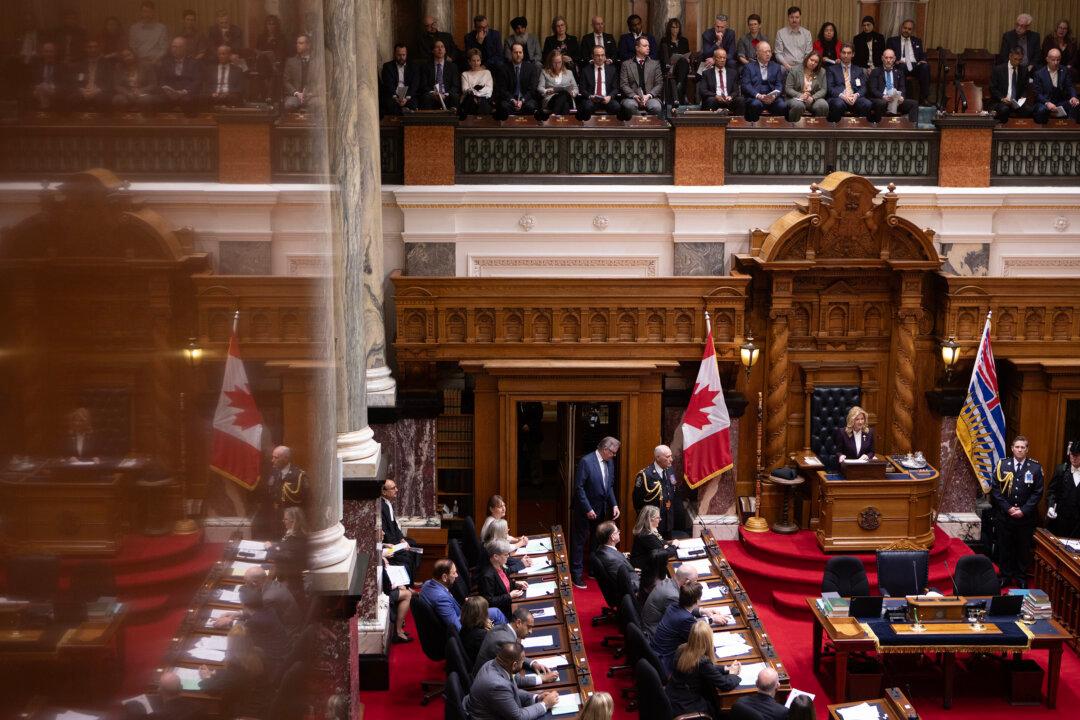Britain’s trade minister says she hopes her country can finalize a formal free trade agreement with Canada within a year now that negotiations are set to start in earnest.
U.K. Trade Secretary Anne-Marie Trevelyan offered that timeline in an interview with The Canadian Press after her arrival in Ottawa.





